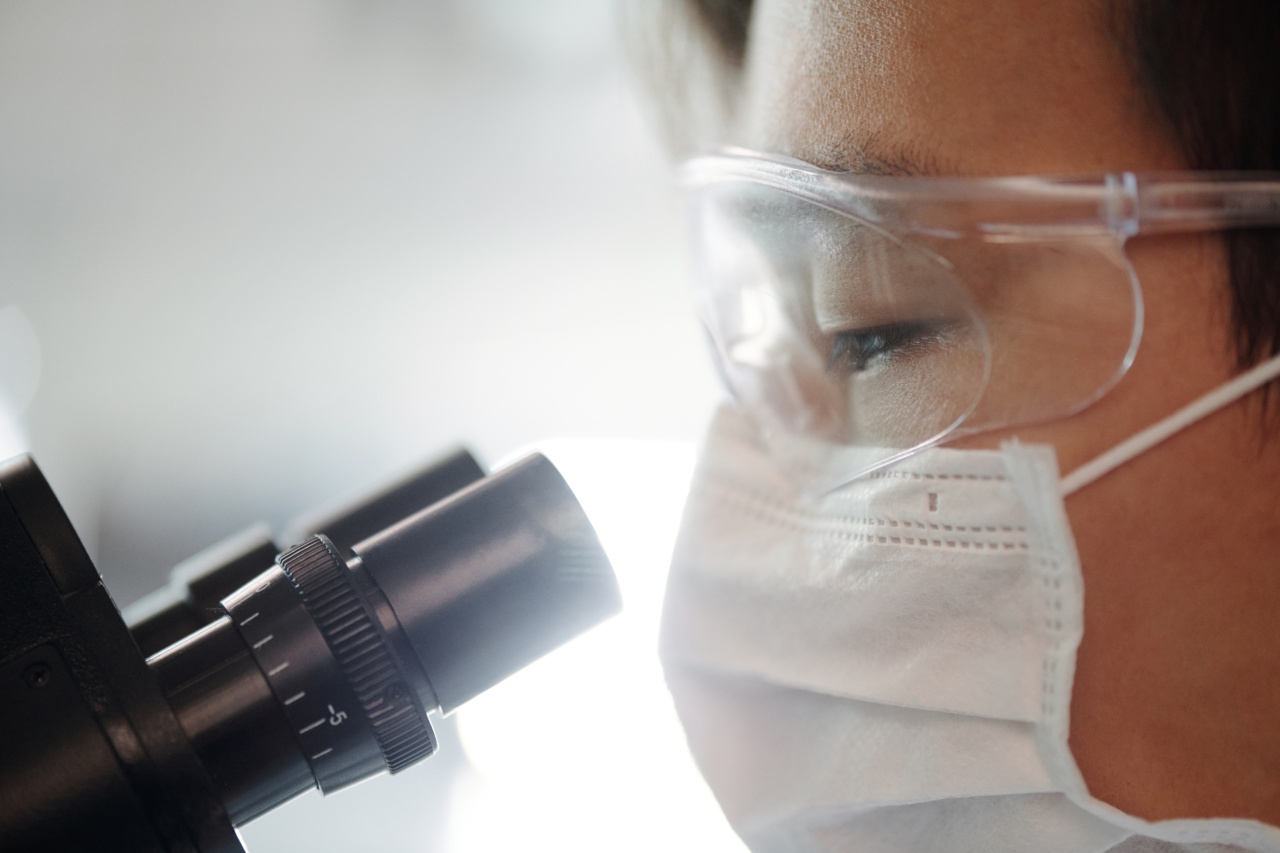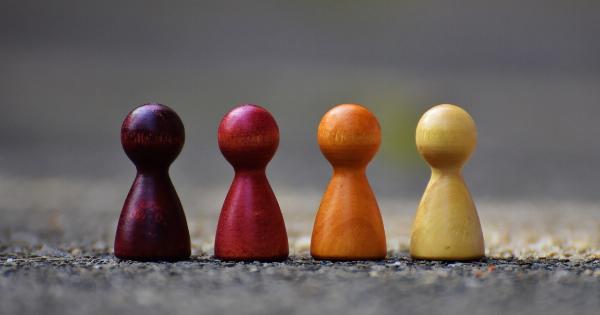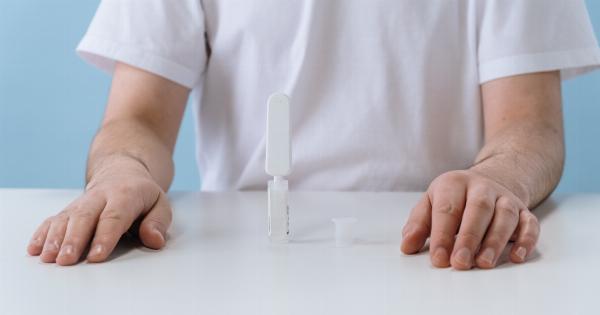Love is a complex and mysterious emotion that has intrigued humans for centuries. The feeling of finding “The One” is often described as a profound connection that goes beyond words.
People have tried various methods to understand and quantify love, from personality tests to compatibility quizzes. But is it possible that a simple blood sample can reveal whether you have found your perfect match?.
The Science of Love
Before delving into the idea of using blood samples to determine if you’ve found your soulmate, it’s important to understand the science behind love.
When two individuals connect on a deep emotional level, their bodies undergo a complex series of biochemical reactions. Love causes the brain to release certain chemicals, such as dopamine, oxytocin, and serotonin, which create feelings of pleasure, attachment, and happiness.
Research has shown that when two individuals are deeply in love, their brain activity synchronizes, leading to a sense of unity. These findings suggest that love not only affects our emotions but also has a direct impact on our physiology.
The Role of Genetics
The idea that genetics plays a significant role in our romantic relationships is not a new one. Researchers have long studied the impact of genetics on various aspects of our lives, including our personality traits and behaviors.
It’s plausible to assume that our genes may also influence who we are attracted to and connect with on a deep level.
Studies have identified specific genes, such as the OXTR gene, that are associated with bonding and attachment.
This gene influences the production of oxytocin, a hormone often referred to as the “love hormone” due to its role in social bonding. Variations in this gene have been linked to differences in relationship satisfaction and attachment styles.
Can Blood Samples Reveal Love?
Given the scientific understanding of love and the role of genetics, researchers have begun exploring the possibility of using blood samples to understand romantic compatibility.
The theory behind this approach is that certain biological markers can indicate whether two individuals are a good match.
One such marker is the level of oxytocin in the blood. It is hypothesized that individuals with similar oxytocin levels may be more likely to form deep emotional connections.
By measuring oxytocin levels in both partners, researchers aim to predict the strength and longevity of their relationship.
Another approach involves studying gene variants associated with relationship satisfaction. By analyzing specific genes related to bonding and attachment, scientists believe they can gain insights into the compatibility between two individuals.
The Limitations and Ethical Considerations
While the concept of using blood samples to determine romantic compatibility is intriguing, it comes with several limitations and ethical considerations.
Firstly, love is a complex emotion that cannot be fully explained by biochemical or genetic markers alone. Factors such as shared values, interests, and emotional compatibility also play crucial roles in a successful relationship.
Relying solely on blood samples may oversimplify the intricacies of human connection and overlook important aspects of compatibility.
Secondly, the idea of reducing love to a biological or genetic equation raises ethical concerns.
Love is a deeply personal and subjective experience, and attempting to quantify it may undermine the individual’s agency and autonomy in choosing a partner.
Lastly, the accuracy and reliability of using blood samples to predict romantic compatibility are still a matter of debate.
The field of genetic research is ongoing, and scientists have yet to establish definitive connections between specific genes or biomarkers and successful relationships.
Alternative Approaches to Finding Love
While the concept of using blood samples to find your perfect match may not be entirely feasible, there are alternative approaches that can help in the search for love.
1. Self-reflection: Before seeking a partner, it is essential to understand yourself and your own needs. Take the time for self-reflection and introspection to identify your values, interests, and desired relationship dynamics.
2. Communication and Compatibility: Building a strong and healthy relationship requires open and honest communication. Focus on finding someone with whom you share compatible values, goals, and communication styles.
3. Emotional Intelligence: Cultivate emotional intelligence to navigate the challenges and joys of a relationship. Develop empathy, active listening skills, and the ability to effectively communicate your own emotions.
4. Shared Interests and Activities: Look for partners who share similar interests, hobbies, or passions. Engaging in shared activities can enhance the bond between partners and create lasting memories.
5. Trust your instincts: While science can provide insights and guidance, trust your instincts and intuition when it comes to matters of the heart. Your gut feeling can often lead you in the right direction when choosing a partner.
Conclusion
The idea of using blood samples to determine if you’ve found “The One” is an intriguing concept rooted in the scientific understanding of love and genetics.
While research has shown the influence of genetics on bonding and attachment, love is a complex emotion that cannot be simplified to a single test or biomarker.
Alternative approaches to finding love emphasize self-reflection, communication, emotional intelligence, and shared interests. These factors play a crucial role in building strong and healthy relationships.
While the concept of using blood samples for romantic compatibility remains an ongoing topic of research, love ultimately transcends biology and genetics.
The search for “The One” is a personal journey, guided not only by science but also by the mysteries of the heart and the complexities of human connection.




























